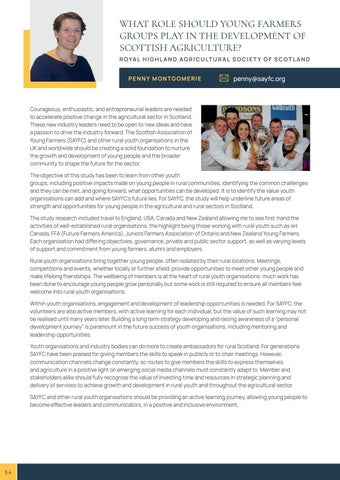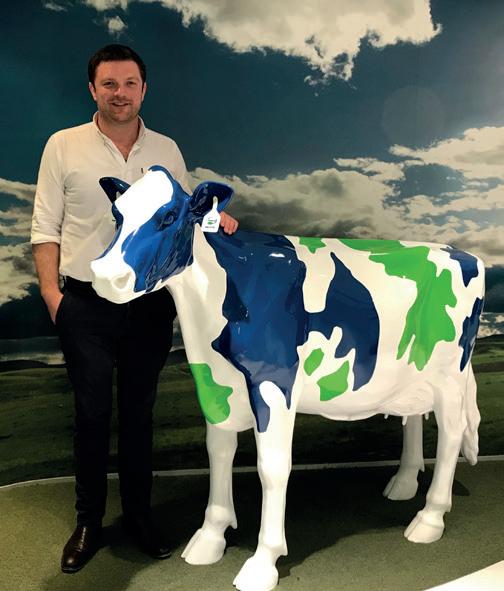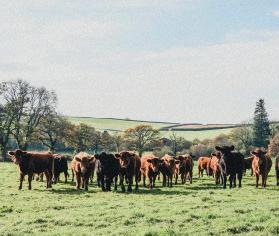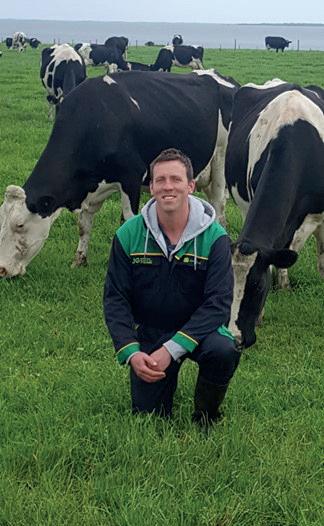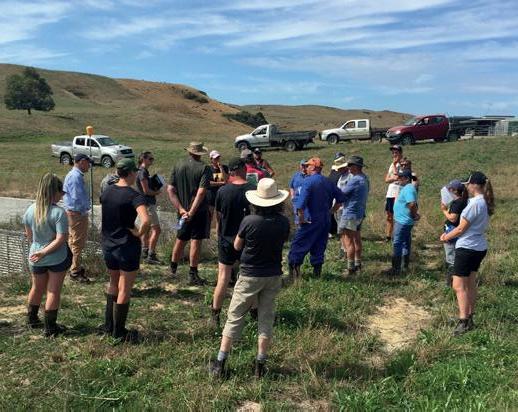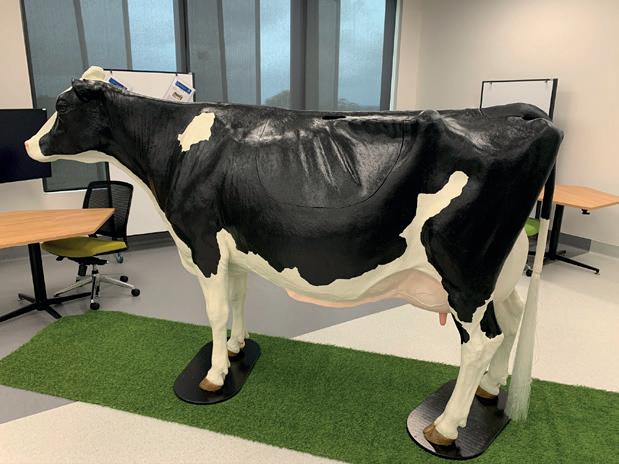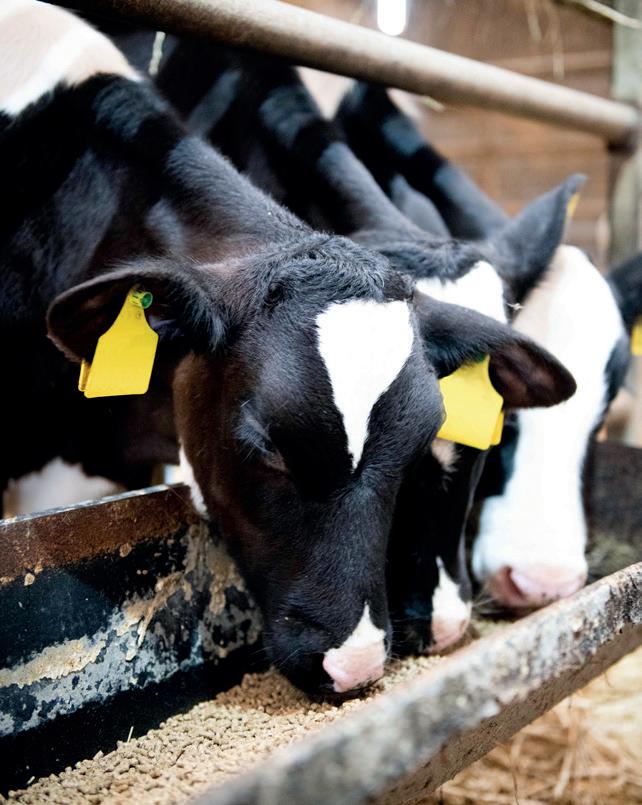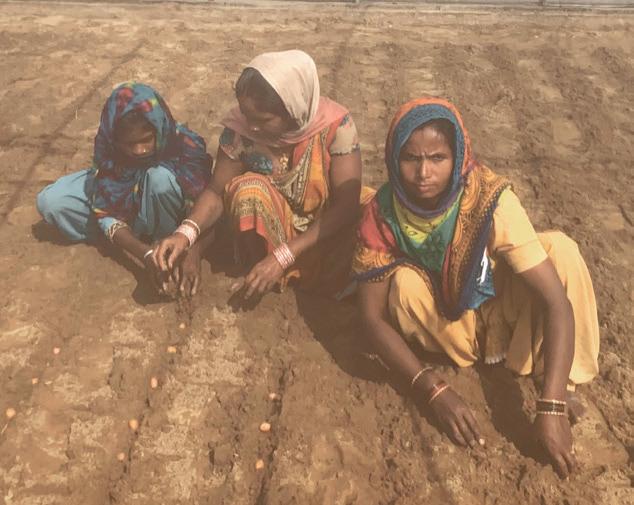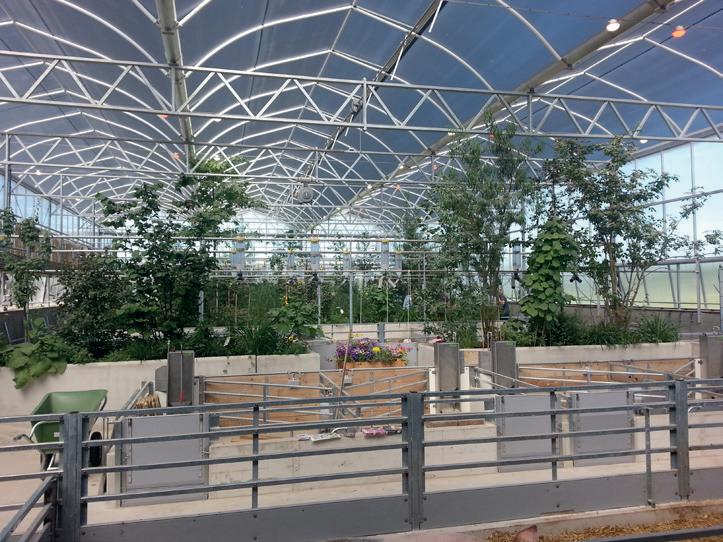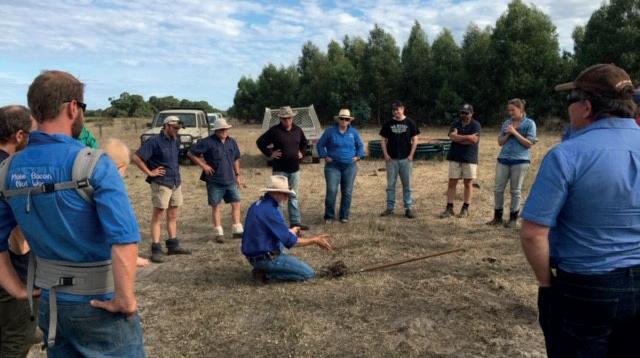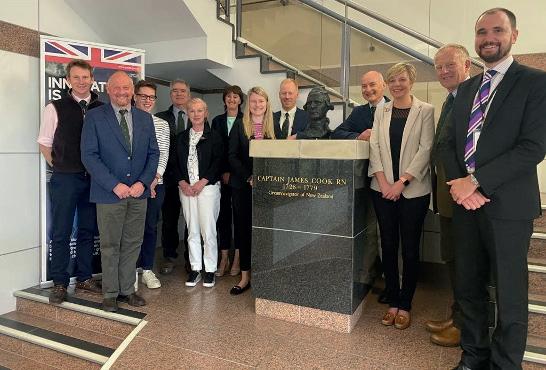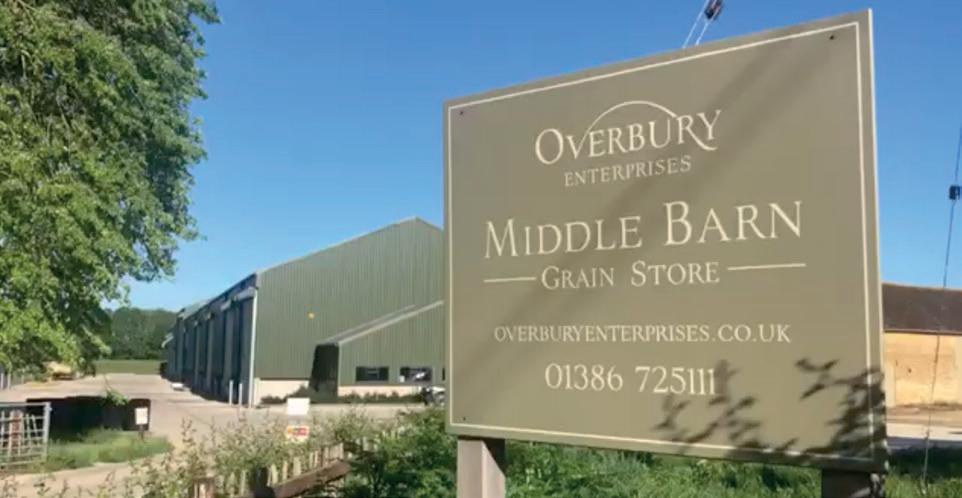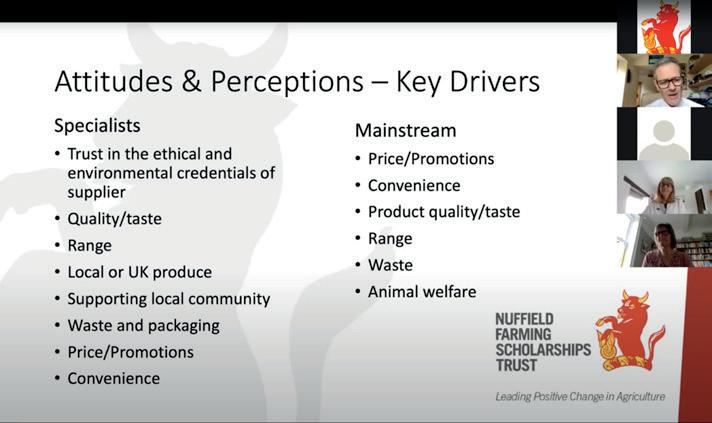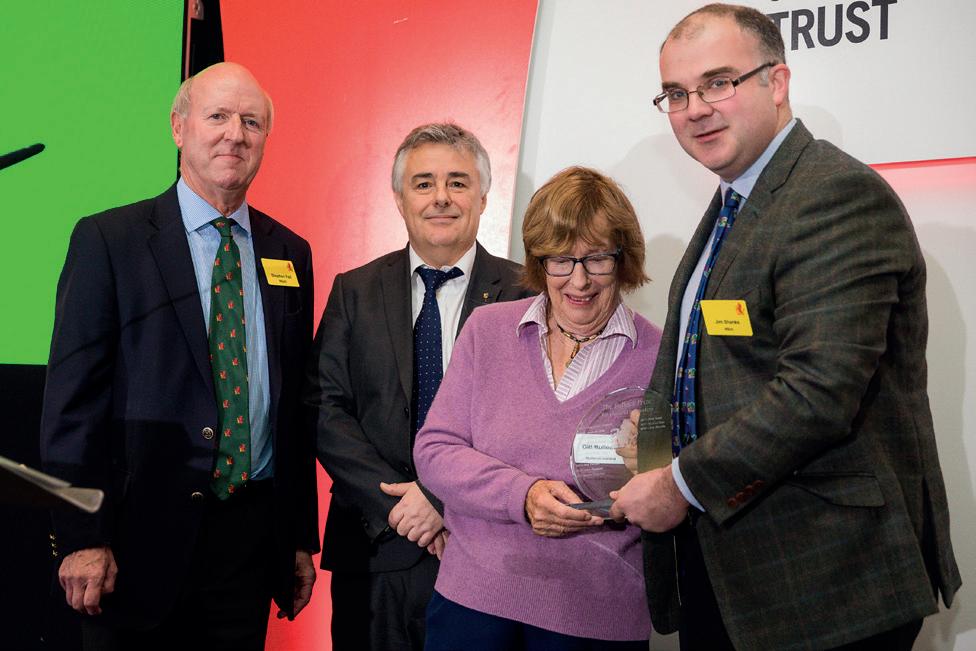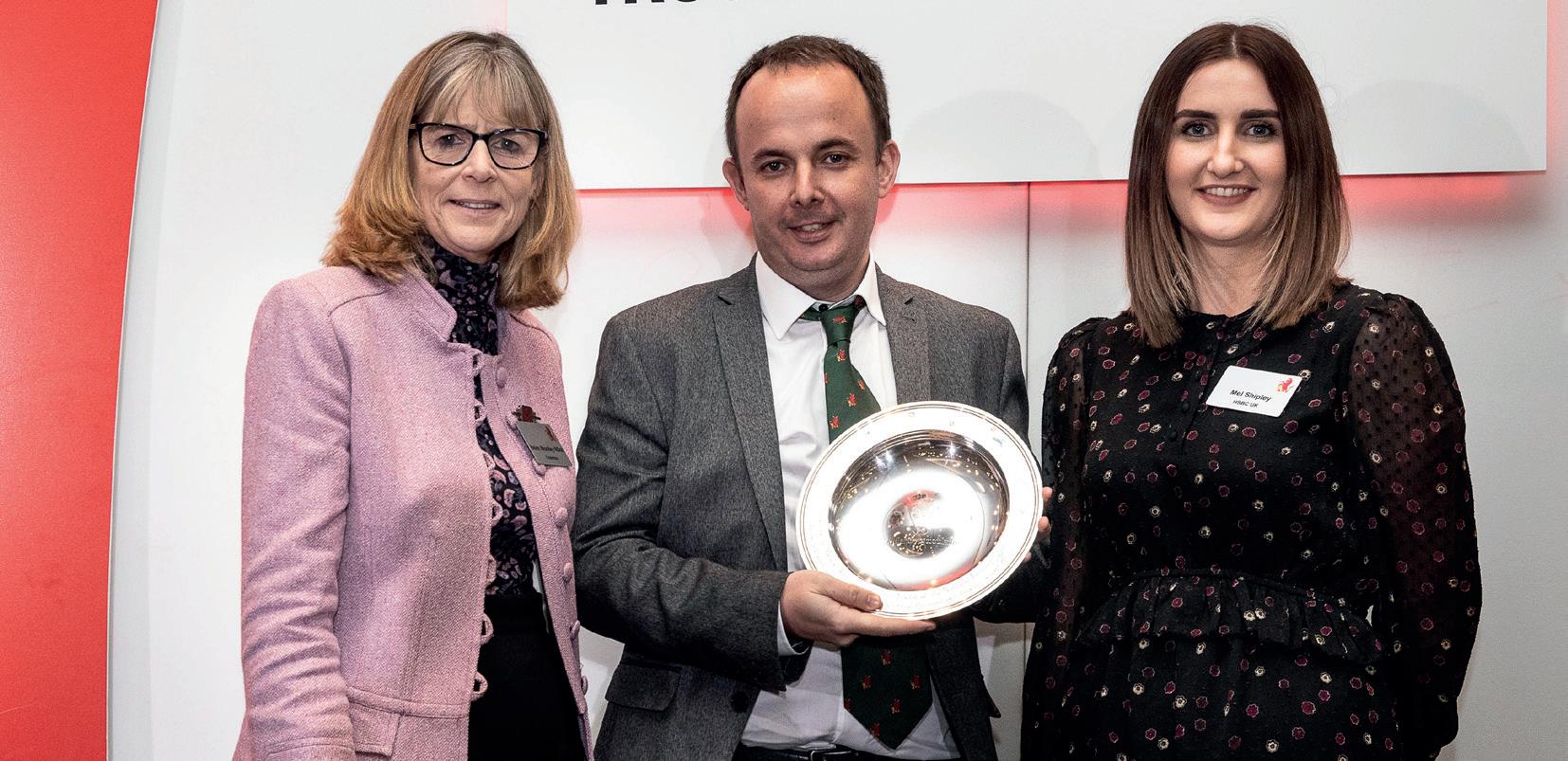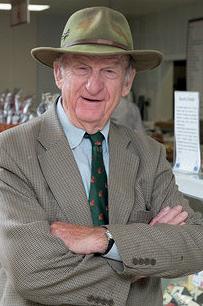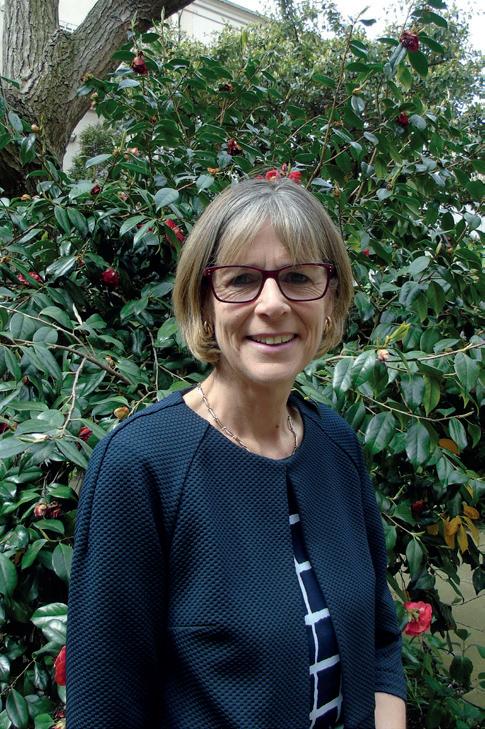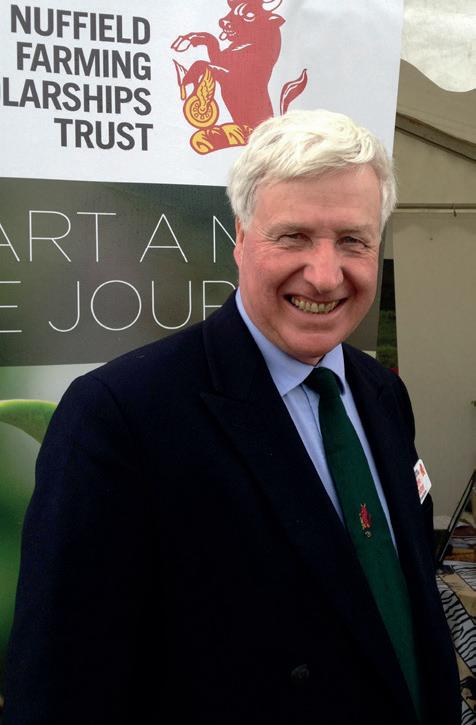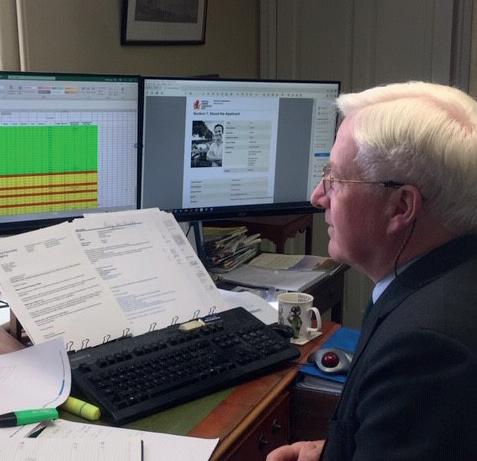WHAT ROLE SHOULD YOUNG FARMERS GROUPS PLAY IN THE DEVELOPMENT OF SCOTTISH AGRICULTURE? R O YA L H I G H L A N D A G R I C U LT U R A L S O C I E T Y O F S C O T L A N D PENNY MONTGOMERIE
penny@sayfc.org
Courageous, enthusiastic, and entrepreneurial leaders are needed to accelerate positive change in the agricultural sector in Scotland. These new industry leaders need to be open to new ideas and have a passion to drive the industry forward. The Scottish Association of Young Farmers (SAYFC) and other rural youth organisations in the UK and worldwide should be creating a solid foundation to nurture the growth and development of young people and the broader community to shape the future for the sector. The objective of this study has been to learn from other youth groups, including positive impacts made on young people in rural communities, identifying the common challenges and they can be met, and going forward, what opportunities can be developed. It is to identify the value youth organisations can add and where SAYFC’s future lies. For SAYFC, the study will help underline future areas of strength and opportunities for young people in the agricultural and rural sectors in Scotland. The study research included travel to England, USA, Canada and New Zealand allowing me to see first-hand the activities of well-established rural organisations, the highlight being those working with rural youth such as 4H Canada, FFA (Future Farmers America), Juniors Farmers Association of Ontario and New Zealand Young Farmers. Each organisation had differing objectives, governance, private and public sector support, as well as varying levels of support and commitment from young farmers, alumni and employers. Rural youth organisations bring together young people, often isolated by their rural locations. Meetings, competitions and events, whether locally or further afield, provide opportunities to meet other young people and make lifelong friendships. The wellbeing of members is at the heart of rural youth organisations: much work has been done to encourage young people grow personally but some work is still required to ensure all members feel welcome into rural youth organisations. Within youth organisations, engagement and development of leadership opportunities is needed. For SAYFC, the volunteers are also active members, with active learning for each individual, but the value of such learning may not be realised until many years later. Building a long term strategy developing and raising awareness of a “personal development journey” is paramount in the future success of youth organisations, including mentoring and leadership opportunities. Youth organisations and industry bodies can do more to create ambassadors for rural Scotland. For generations SAYFC have been praised for giving members the skills to speak in publicly or to chair meetings. However, communication channels change constantly, so routes to give members the skills to express themselves and agriculture in a positive light on emerging social media channels must constantly adapt to. Member and stakeholders alike should fully recognise the value of investing time and resources in strategic planning and delivery of services to achieve growth and development in rural youth and throughout the agricultural sector. SAYFC and other rural youth organisations should be providing an active learning journey, allowing young people to become effective leaders and communicators, in a positive and inclusive environment.
54
